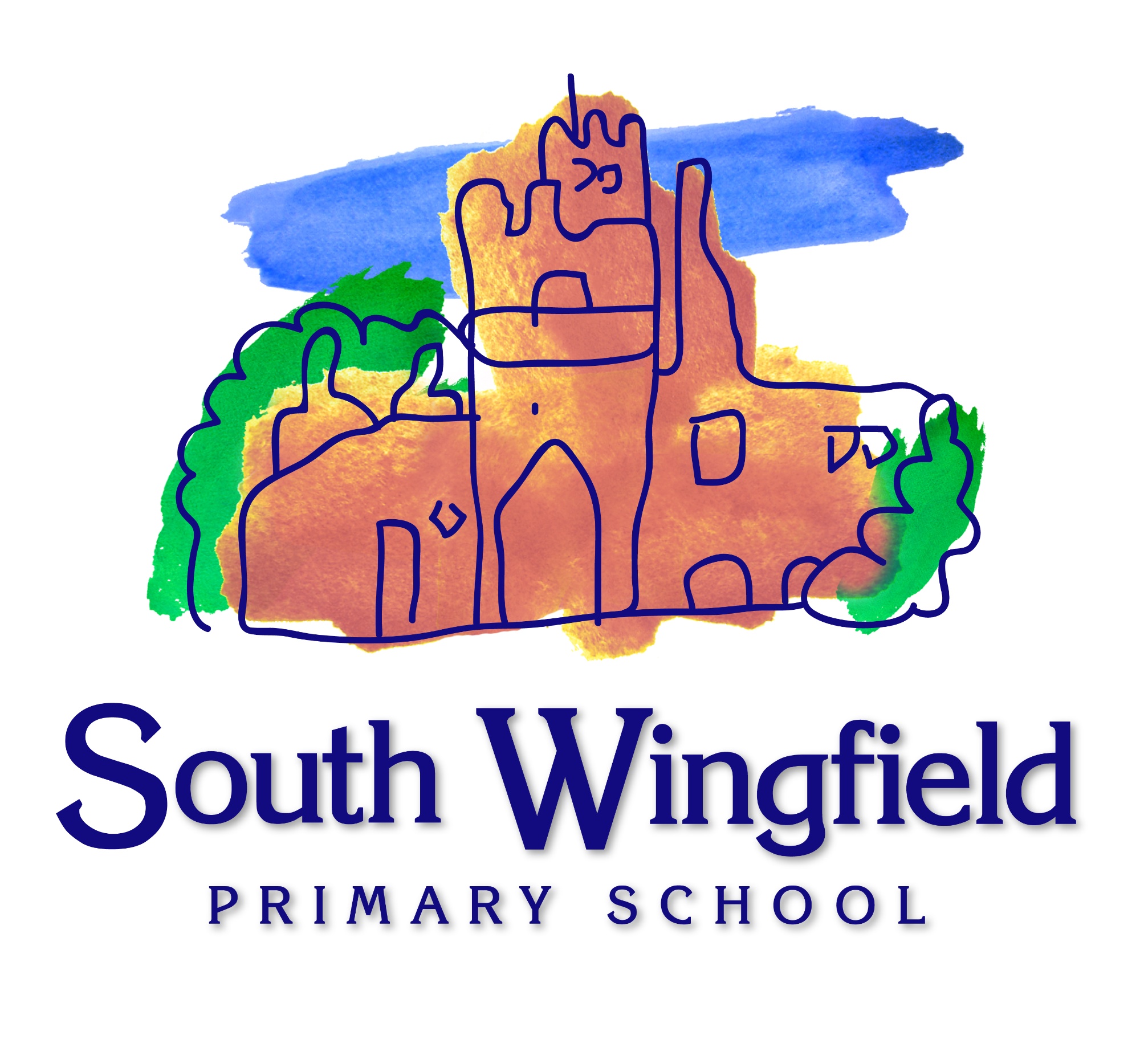Curriculum Statement
The music scheme we have adopted is Charanga.
Intent
At South Wingfield we believe that music is an essential part of a child’s education, therefore every child has the opportunity to participate in a wide range of musical activities during their school career.
Music is a universal language that embodies one of the highest forms of creativity. A high-quality music education should engage and inspire learners to develop a love of music and their talent as musicians, and so increase their self-confidence, creativity and sense of achievement.
Through our broad and balanced curriculum, opportunities to sing and learn instruments underpin learning and development not only within music as a subject but also through a cross-curricular approach. We want our children to foster a love of music within their learning through other subjects to aid learning and enjoyment.
We recognise that singing is a great starting point for musical learning and the development of many skills. We intend to create a strong and positive bond within our school and join the community together – marking significant moments by singing together and listening to music, like during singing assemblies, instrumental performances, musical visitors into school and special events in the calendar. Additionally, performances at different venues such as our Christmas carol concert and Young Voices aim to develop relationships.
Implement
The music curriculum ensures students sing, listen, play, perform and evaluate. This is embedded in the classroom activities as well as in weekly singing assemblies, various concerts and performances, the learning of instruments, and the joining of one of our many musical ensembles.
Whilst at South Wingfield Primary school we aim for our children to meet the expectations of the National Curriculum. These are:
- perform, listen to, review and evaluate music across a range of historical periods, genres, styles and traditions, including the works of the great composers and musicians
- learn to sing and to use their voices, to create and compose music on their own and with others, have the opportunity to learn a musical instrument, use technology appropriately and have the opportunity to progress to the next level of musical excellence
- understand and explore how music is created, produced and communicated, including through the inter-related dimensions: pitch, duration, dynamics, tempo, timbre, texture, structure and appropriate musical notations.
The elements of music and the national curriculum are taught in classroom lessons using the scheme ‘Charanga’ so that children are able to use some of the language of music to study it, and understand how it is made, played, appreciated and analysed. The Charanga scheme of work is used from Year 1 - 6 to ensure a wide exposure to different genres of music, with lots of practical opportunities to explore and develop as musicians and singers. This allows the children to understand the different principles of each method of creating notes, as well as how to read basic music notation. They also learn how to compose focusing on different dimensions of music, which in turn feeds their understanding when listening, playing, or analysing music. Composing or performing using body percussion and vocal sounds is also part of the curriculum which develops the understanding of musical elements without the added complexity of an instrument.
Each unit of work has an on-going musical learning focus and lessons usually follow a specific learning sequence:
- Listen and Appraise
- Musical Activities (including pulse and rhythm)
- Singing and Voice
- Playing instruments
- Improvisation / Composition
- Perform and Share
The progression map from Charanga ensures all interrelated elements of music are covered and implemented. This ensures that children are given the opportunity to learn and acquire appropriate skills in music which are progressive across all year groups.
Impact
Impact Whilst at South Wingfield, children have access to a varied musical programme, which allows them to discover areas of strength, as well as areas that they might like to improve upon. Progress is assessed throughout the year and is used to track the development and knowledge of our pupil’s musical ability. Children are able to access fundamental abilities such as achievement, self-confidence, interaction with and awareness of others and self-reflection. They also have the opportunity to discuss and share their own thoughts and opinions, acknowledging that their opinion might differ from others. Music will also develop and understand of culture, history and ethics from across the world. Children are able to enjoy music as a listener, performer and creator.
